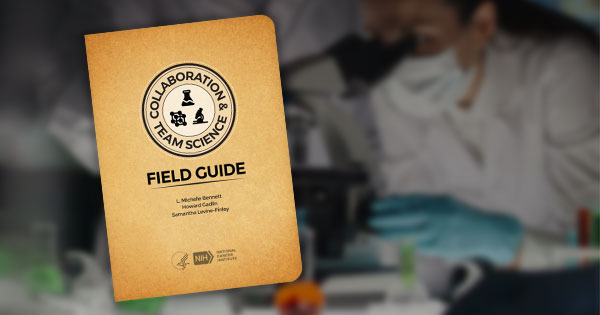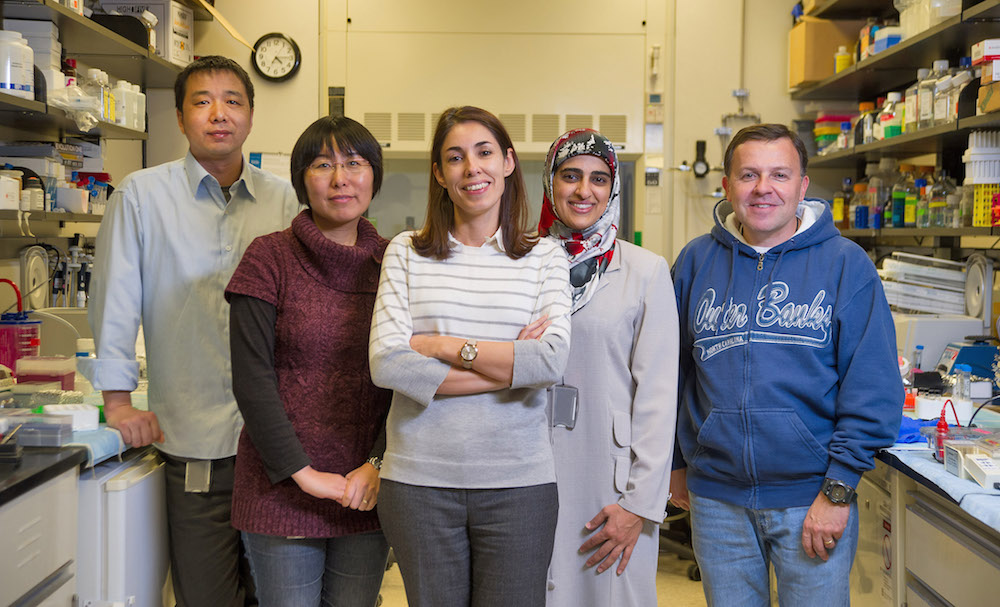Developing Science Teams Form, Storm, Norm, and Perform
Overcoming complex diseases, from viruses to cancers to mental health and beyond, requires teams of people in a variety of settings. At the NIH IRP, researchers with very different expertise and backgrounds tackle the most difficult biomedical questions by working together.
If you’re planning to engage in team science or collaborations of any sort, keep these four words in mind, as they are what newly organized team members should expect on the road to success: forming, storming, norming and performing. Each step, outlined in this blog entry with insights from two leading IRP investigators, is a phase of team development, as originally introduced in the 1960s by Bruce Tuckman (See page 46 of NIH’s Collaboration and Team Science Field Guide).


